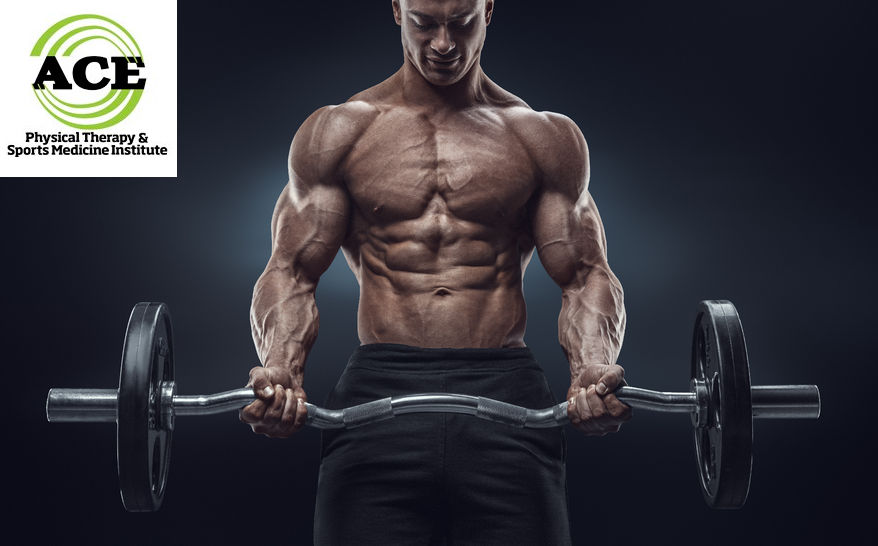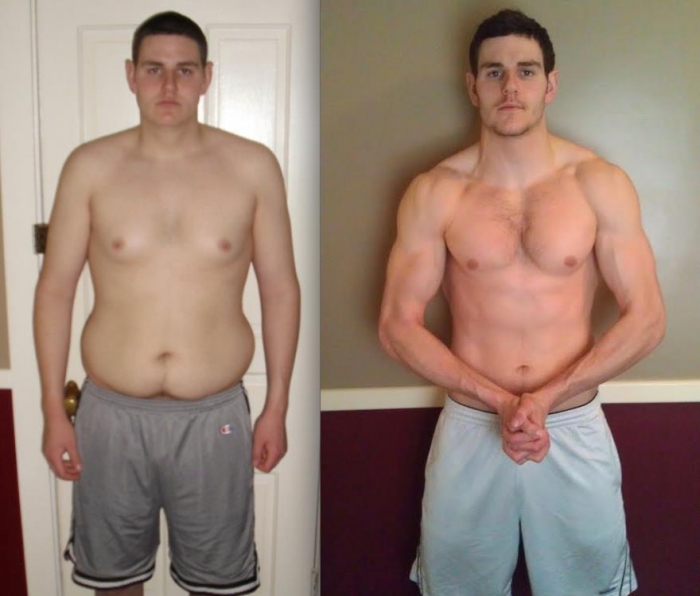HUMAN GROWTH HORMONE (HGH), WHAT IS IT?
Human Growth Hormone (HGH), What Is It?
By ACE Physical Therapy and Sports Medicine Institute
Tid Bits of Info.
- HGH must be injected.
- There is little scientific evidence to support the claim that HGH slows or reverses the effects of aging.
- HGH testing has been around a long time but it is not very successful and can be “fooled” in many ways.
- It has been reported and speculated that approximately 30% of all NFL players use HGH.
- There are specific medical conditions that require HGH use but most usage is illegal.
Human Growth Hormone (HGH) is in the news again. Several famous athletes are accused of using HGH as a part of the rehabilitation process when they were recovering from a potentially career-ending injury. The implicated athletes are threatening reporting agencies with a lawsuit, and no one can prove that these athletes used or did not use the hormone. This raises a more fundamental question: What are the capabilities of HGH and how it might help these athletes or anyone during the rehabilitation process?
What is HGH?
HGH is a natural hormone produced in the pituitary gland and its production decreases as the human body ages. Nicknamed the “wonder drug” or the “Fountain of Youth drug”. HGH has several effects on the body, including the following:
- Aiding in the synthesis of new protein cells that can lead to more muscle mass or lean body mass.
- Helping preserve the user’s skin quality.
- Stimulating the metabolism of fat cells.
- Encouraging sound sleep.
- Increasing a person’s energy level and sex drive.
- Thickening bone.
- Improving the quality of actions of the heart and kidneys.
HGH Concerns
Numerous researchers and healthcare providers are concerned that the administration of HGH to a healthy individual might have numerous side effects that can be life-threatening. If the hormone is prescribed legally by a doctor to those who have certain conditions it is safe to use and will not create a toxic environment in the body. It is given to adults that have a diagnosed deficiency (Human Growth Hormone deficiency) in the production of the HGH hormone. The amount in their system is far less than the normal levels found in the young and old. People who are HIV/Aids positive and have suffered gross muscle and weight loss are often times prescribed HGH to help to restore some of the lost tissue or lean body mass. But the vast majority of the use of HGH is illegal. Most people that use the hormone are taking it without a legal prescription.
Speculation that athletes use HGH has increased immensely over the past several years. This hormone is touted to help produce muscle and lean body mass. The increased muscle size coupled with an intense weight lifting regimen can result in a tremendous increase in power production and strength of the athlete. The increase in muscle and lean body mass is far superior to someone who does not use the hormone and the speed at which it develops is far superior to the “normal” hypertrophy speed.
The use of HGH is very controversial because it is almost undetectable in most cases. Many athletic organizations do random and regular drug testing to detect performance enhancing drugs, but most of them do not test for HGH or do not use a test procedure that is sophisticated enough to detect its use by the athletes. Secondary to the possible performance enhancing capabilities of the hormone, it has become extremely controversial and alleged to be the most abused substance in sports.
The hormone is not used in the “normal” rehabilitation setting. It would be illegal to give it to a patient in the Physical Therapy setting for a musculoskeletal injury. The ability of the hormone to increase the muscle and lean body mass would help the patient rehabilitate most musculoskeletal injuries, but it is a controlled substance that can cause negative side effects if it is not used properly.
This “wonder drug” might be the most abused performance-enhancing drug on the market. It has a place in healthcare, but unfortunately it is taken illegally most of the time. It could have a profound effect on rehabilitation if the alleged strength gains are true. It would have to be used properly and under the direct care of a physician. Studies would have to be performed to discover the amount of HGH that is needed to stimulate muscle development. It could help the patient rehabilitate musculoskeletal injuries more quickly and enable the Physical Therapist to be more aggressive with the rehabilitation prescription. If the patient was able to recover more quickly from a strenuous strength training session and experienced alleged results similar to some athletes they would be able to return to their pre-injury status more quickly.
One thing is for certain: the patient must work out aggressively and “overload” their musculoskeletal system if they are going to get positive strength gains regardless of the use of HGH. The philosophy in healthcare and rehabilitation does not include the use of performance enhancement substances. It will not change in the near future, therefore Physical Therapists must rely on standard training principles to get the desired results for their patients.
Read more articles on our main website blog at: ACE-pt.org/blog
Vist our main website at www.ACE-pt.org


